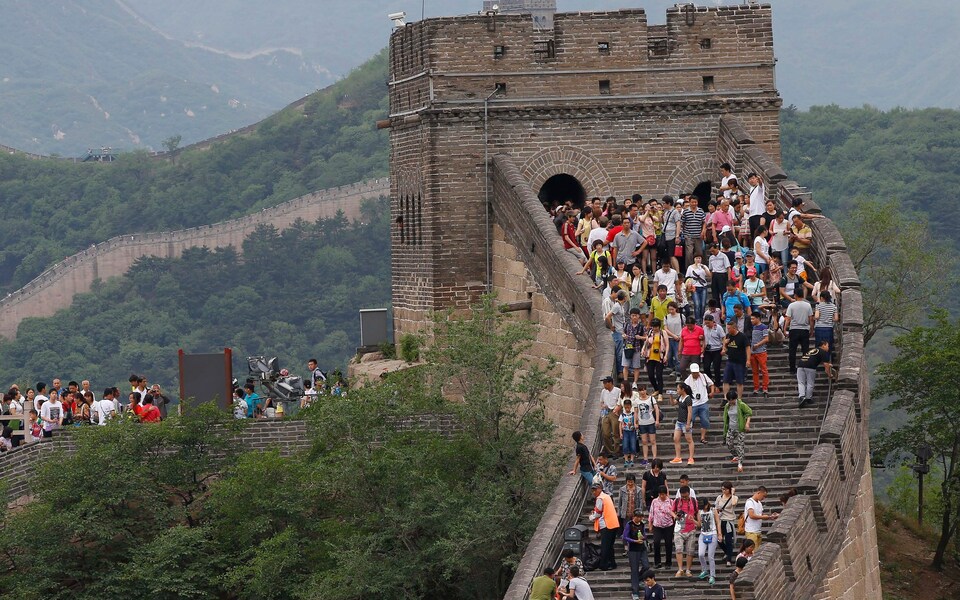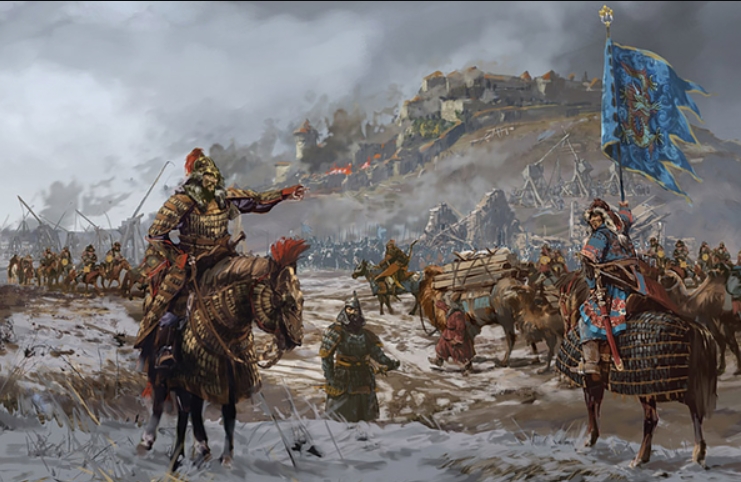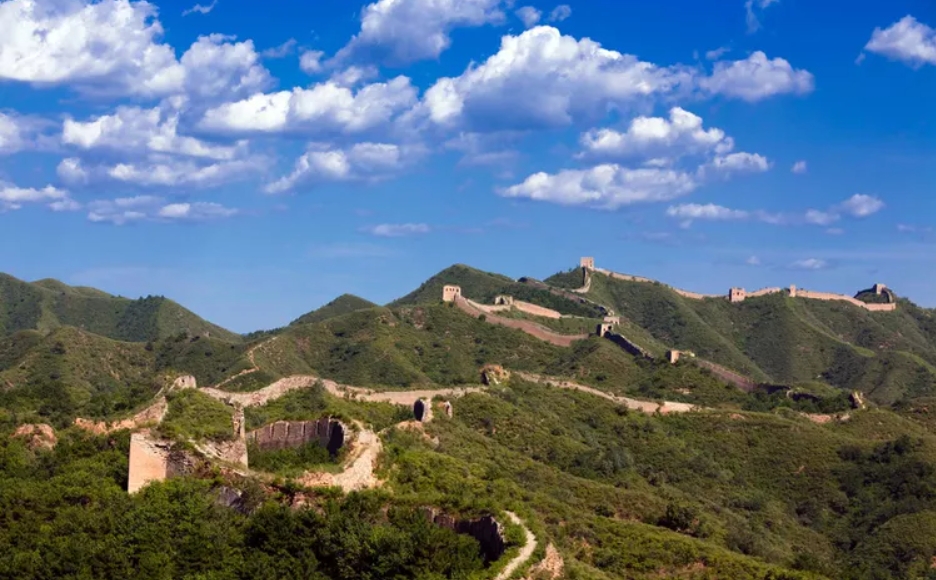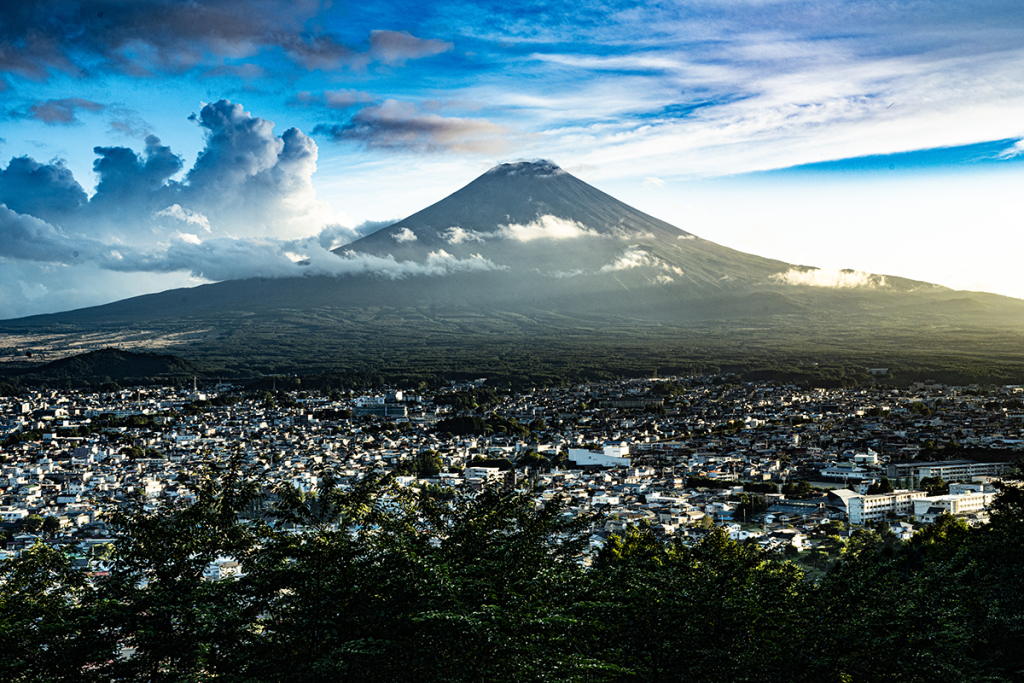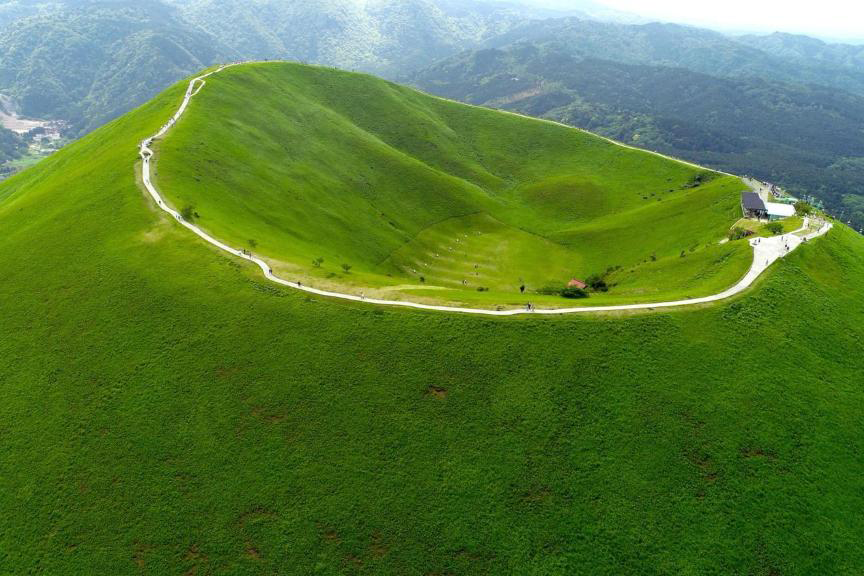China’s Great Wall is an awe-inspiring testament to human ingenuity and engineering prowess. Spanning over 13,000 miles, this magnificent structure has captivated the world for centuries. However, the question remains: why did China build the Great Wall? Delving into the pages of history, we uncover the purpose and motives that drove this colossal undertaking.
Unraveling China’s Magnificent Endeavor: Why did China build the Great Wall?
One of the primary purposes behind the construction of the Great Wall was to safeguard China from the constant threat of invasions and raids by nomadic tribes, most notably the Mongols. These tribes, known for their military prowess and nomadic lifestyle, frequently posed a significant threat to China’s security and stability. By building the Great Wall, China sought to erect a formidable physical barrier, preventing these nomadic tribes from infiltrating their borders and wreaking havoc on their civilization. It served as a symbol of China’s determination to protect its sovereignty and preserve its rich cultural heritage.
Furthermore, the Great Wall played a crucial role in maintaining border control and facilitating the collection of taxes and duties. It served as a checkpoint and a surveillance system, allowing Chinese authorities to monitor the movement of goods and people across the border. This helped ensure that the empire’s resources were efficiently managed and its economy thrived. The strategic placement of watchtowers along the wall enabled swift communication and coordination, further enhancing China’s ability to defend against external threats.
Delving into the Ancient Rationale: Unveiling China’s Wall-Building Motives
The construction of the Great Wall also had political motives. It served as a tangible symbol of power and authority, reinforcing the emperor’s control over the vast territory. The building of such a monumental structure required immense resources, including a large labor force. The mobilization of workers to build the wall not only showcased the emperor’s ability to command vast numbers of people but also served as a unifying force for the empire. It fostered a sense of national identity and loyalty among the Chinese people, knitting them together through a shared goal of protecting their homeland.
Moreover, the Great Wall had a psychological effect on both the Chinese population and potential invaders. The grandeur and magnitude of this architectural marvel instilled a sense of awe and reverence among the people, solidifying their faith in their rulers and their ability to defend the empire. At the same time, the imposing presence of the wall acted as a deterrent to potential invaders, sending a clear message that China was a force to be reckoned with. It was a strategic move to project China’s strength and deter any attempts to challenge its authority.
The Great Wall stands as a testament to China’s unwavering determination to protect its civilization and maintain control over its vast empire. It was a colossal undertaking with multifaceted purposes, ranging from military defense to economic management and political symbolism. Today, the Great Wall remains an iconic symbol of China’s rich history and its remarkable ability to undertake extraordinary endeavors. As we marvel at its grandeur, we are reminded of the indomitable spirit that drove the construction of this magnificent structure and the enduring legacy it has left behind.
